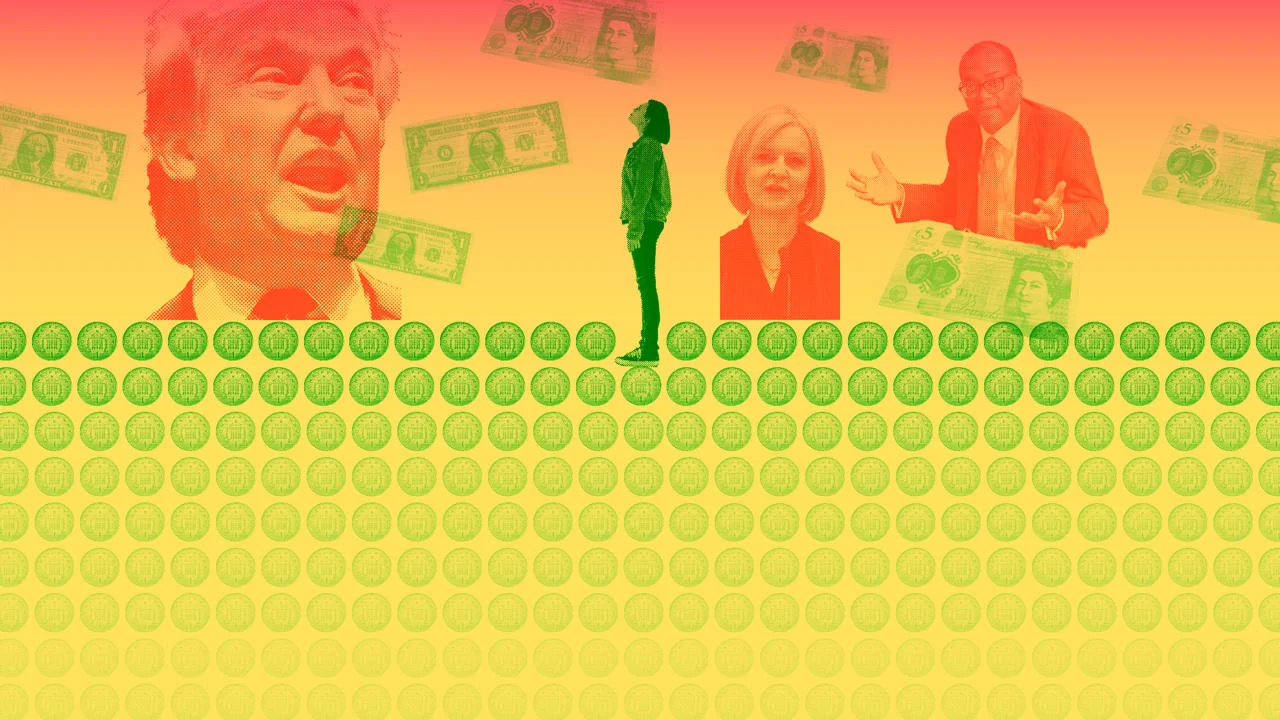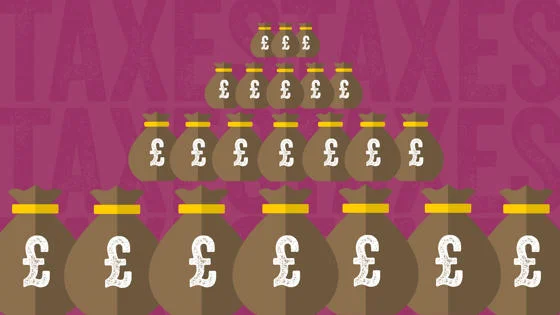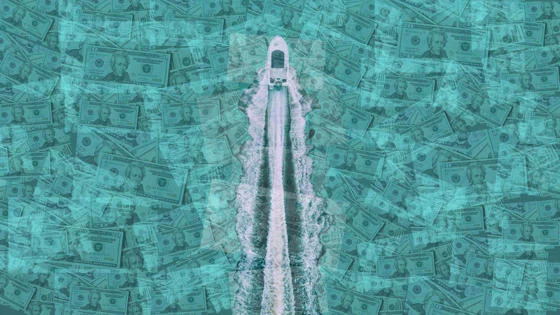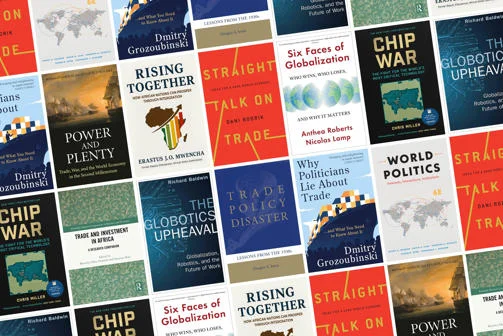Tax cuts for the wealthy only benefit the rich: debunking trickle-down economics

Contents
When then UK Prime Minister Liz Truss and Treasurer Kwasi Kwarteng sparked economic turmoil by announcing unfunded tax cuts for top earners to boost economic growth, it created one of the most extraordinary political crises in UK history.
Their "mini budget" spooked the markets and was widely condemned for appearing to rely on the discredited theory of "trickle-down economics". But it’s an idea that has persisted: the last 50 years has seen a dramatic decline in taxes on the rich across advanced democracies. Margaret Thatcher, Ronald Reagan and Donald Trump were all elected on promises of major tax cuts for top earners, arguing that freeing up money for the wealthy allows them to hire more workers, pay better wages and invest more.
In research first published as a working paper in 2020, David Hope and Julian Limberg, of LSE’s International Inequalities Institute and King’s College London, analysed the economic effects of major tax cuts for the rich across five decades in 18 wealthy nations.
The rich get richer, while unemployment and economic growth are unaffected
If you cut taxes on the rich...they then bargain more aggressively for their own compensation at the direct expense of workers lower down the income distribution.
Their conclusion: the rich got richer and there was no meaningful effect on unemployment or economic growth. It really struck a nerve: after being press released by LSE, it attracted extensive global media coverage, went viral on social media, and was cited by high-profile economists and politicians. As a result, it became the most downloaded paper in the history of LSE Research Online - the database of all research produced by LSE academics.
Dr Hope explained: "So, it was, I would say, not the typical response we get when we publish an academic paper. It has been downloaded about 150,000 times. To put that in some context, my previous working paper in that series was downloaded, I think, a staggering 200 times. And so this was really quite different from the norm in that respect.
"I knew all of this already. Thank you Captain Obvious": Discussing wealth, taxes and "fairness" in a polarised age
"For someone who has never had a Twitter account, to go viral on Twitter was quite an experience. And we also had many of our colleagues sending us memes about the paper during the days after its release. We took it upon ourselves to put those at the start of a number of academic presentations we did on the paper after that, because you don't get this opportunity too often."
Dr Limberg added: "It was actually quite interesting because we got more or less two types of reactions. One was, ‘This cannot be true, and we don't believe this.’ And also, ‘You are socialists and that's it.’
"And the other type of reaction was, ‘Well I knew all of this already. Thank you Captain Obvious.’ There was little ground in between these two extremes, which we found quite surprising. It actually strengthened our belief that a data driven approach, going a bit beyond this political polarisation is needed."
The average citizen seems to be fairly poorly informed that taxes on the rich have fallen really dramatically in the past 40 years.
Dr Limberg explained that the most intense reaction on Twitter came from the US, including a tweet from high profile politician Elizabeth Warren.
Dr Hope added: "We were a bit naïve maybe in not thinking about this beforehand, but it's clearly a very partisan and polarised and politically contentious issue, particularly in the US. In part because as they've evolved through Democrat and Republican administrations, there have been major changes in taxes on the rich. We've seen big tax cuts under George W Bush and under Donald Trump, in particular, so I think it really plays into the political dynamic in that country and that was why people were very engaged with it."
In explaining why cutting taxes for the rich did nothing to boost economies, Dr Hope referred to the economist Thomas Piketty, who argues that unless capitalism is reformed, it will threaten the democratic order.
"Our results align pretty closely with some work from Thomas Piketty, that would suggest that what happens if you cut taxes on the rich is that they then bargain more aggressively for their own compensation at the direct expense of workers lower down the income distribution. So, the story of the paper then is really to do with rent-seeking among CEOs and top executives - and that increasing when you have lower taxes on the rich."
Rent-seeking is the effort to increase one's share of existing wealth without creating new wealth - rather like a greedy child demanding a bigger slice of the pie so that there’s less left on the plate for everyone else.
No evidence that tax cuts for the wealthy will generate economic growth".
Dr Hope added: "I think the paper has one major and fairly obvious policy implication, which is not to cut taxes on the rich to boost the economy, particularly if you care about inequality. I think it’s particularly important to make this argument because proponents of cutting taxes on the rich often may use this type of argument in favour of the economic benefits.
"In 2017, when Donald Trump was introducing the Tax Cuts and Jobs Act, he claimed to the American people that this would be rocket fuel for the US economy. We don’t find any evidence in our study across 18 advanced economies over 50 years of that being true."
Dr Hope and Dr Limberg followed up their research by investigating why ordinary people in the US support tax cuts for the rich.
Dr Hope said: "The average citizen seems to be fairly poorly informed that taxes on the rich have fallen really dramatically in the past 40 years. If you give them that information, it makes them less likely to support tax cuts for the rich. And these effects, we've found, are particularly strong for Republican voters."
Dr David Hope and Dr Julian Limberg were speaking to Joanna Bale, Senior Media Relations Manager at LSE.





